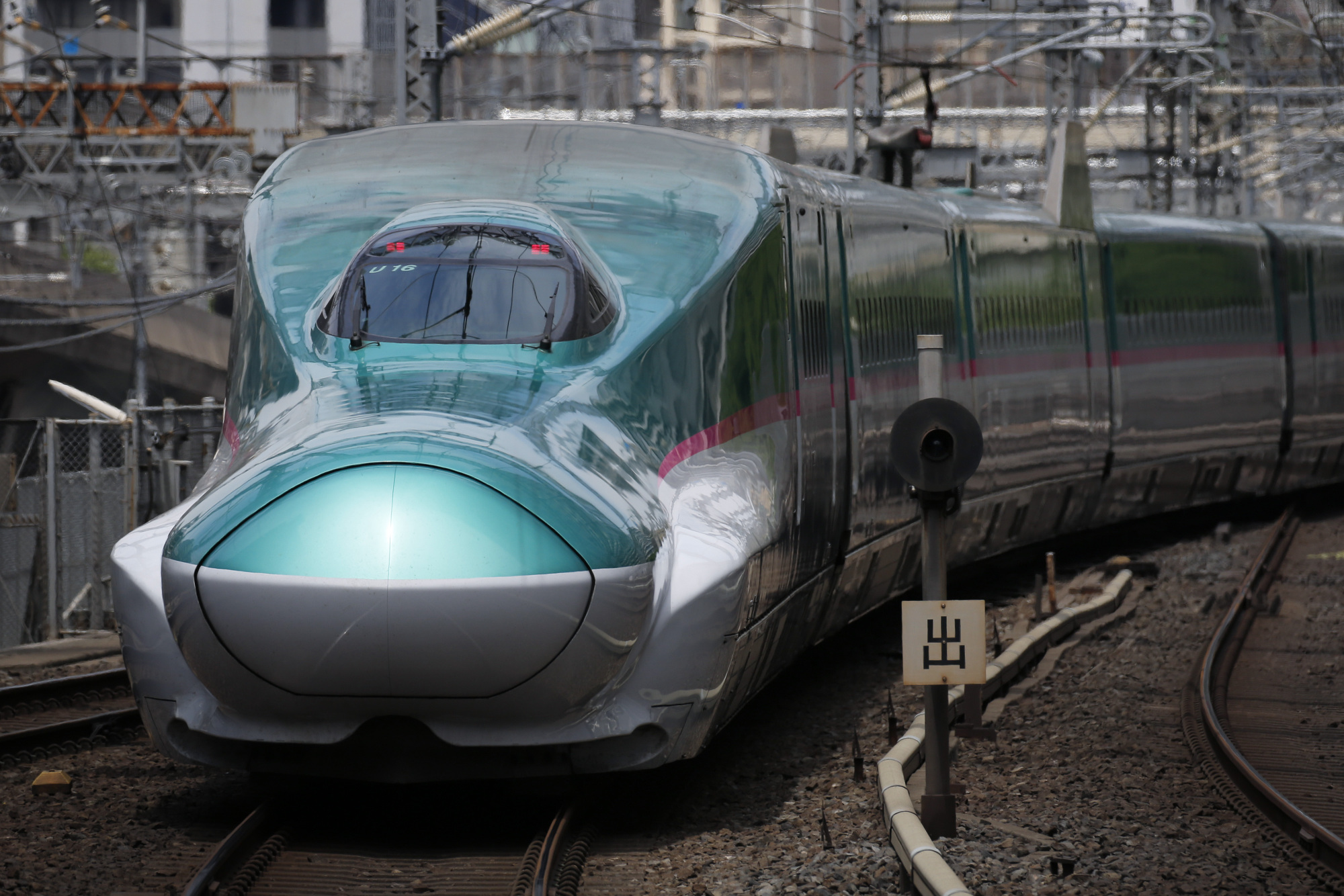In the strategic rivalry between Japan and China, high-speed rail contracts are one of the best ways to project power. And no Asian country offers more opportunities than India.
Prime Minister Narendra Modi met his counterpart Shinzo Abe in Tokyo on Friday night, almost a year after the Indian leader picked Japan as a partner for the nation's first line — a 980-billion-rupee ($15 billion) rail linking Mumbai and Ahmedabad, roughly the distance from Paris to London. Abe hopes that will make Japan the front-runner if India implements five other planned lines.
"The 'Rail Wars' between China and Japan are a battle for influence in the region that is way more important than just sales and profits," said Jeff Kingston, director of Asian studies at Temple University's Japan campus. "Modi would prefer to play one off the other and see what he can get for India, but geostrategically his government is leaning towards the U.S. and Japan."


















With your current subscription plan you can comment on stories. However, before writing your first comment, please create a display name in the Profile section of your subscriber account page.